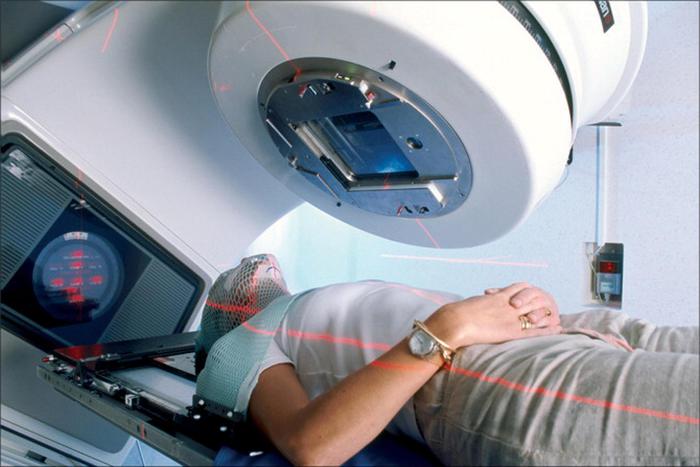Interruption of the circadian rhythm, therefore of the sleep-wake rhythm, can increase the risk of breast cancer. The link between night work and increased tumor aggression has been placed in the spotlight by researchers at Paris-Saclay University, who with their colleagues from Inserm and Inrae, have published the results of this research in Nature Communications .
Breast cancer is the most common form of cancer among women. In most cases, the various risk factors are behavioral and related, for example, to poor nutrition or alcohol consumption, hormonal factors related to taking a contraceptive pill or hormonal treatments in menopause, as well as factors environmental factors such as air pollution or changes in light / dark cycles.
In a work carried out on mice, the scholars subjected the animals to a continuous jet lag that reproduced a change in the rhythm of work between day and night. It is thanks to this experimental activity that they observed how circadian disorder had a significant impact on the development of breast tumors. This disruption of the sleep / wake rhythm increased the spread of cancer cells and the formation of metastases. It has been noted that the increased expression of a chemokine in tumors leads to a greater infiltration of some myeloid cells that allow the development of a microenvironment that suppresses the immune system.
The negative effects can however be corrected with the use of an inhibitor and therefore limit the effect of circadian stress on tumor progression. These experimental researches, according to the researchers, reinforce the results of epidemiological studies which show that pre-menopausal women exposed for long periods to changes in their work rhythm, would be particularly exposed to more aggressive breast tumors.

